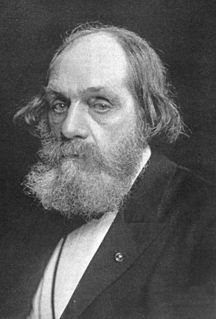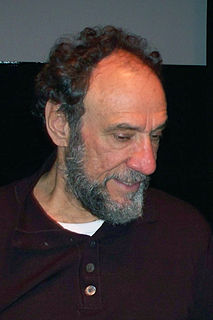A Quote by Brandon Sanderson
At times, it seems to me that to be human is to want that which we cannot have. For some, this is power. For me, it is peace.
Related Quotes
The President can exercise no power which cannot be fairly and reasonably traced to some specific grant of power in the Federal Constitution or in an act of Congress passed in pursuance thereof. There is no undefined residuum of power which he can exercise because it seems to him to be in the public interest.
It seems to me that the idea of a personal God is an anthropological concept which I cannot take seriously. I feel also not able to imagine some will or goal outside the human sphere. My views are near those of Spinoza: admiration for the beauty of and belief in the logical simplicity of the order which we can grasp humbly and only imperfectly. I believe that we have to content ourselves with our imperfect knowledge and understanding and treat values and moral obligations as a purely human problem-the most important of all human problems.
If life is to be fully human it must serve some end which seems, in some sense, outside human life, some end which is impersonal and above mankind, such as God or truth or beauty. Those who best promote life do not have life for their purpose. They aim rather at what seems like a gradual incarnation, a bringing into our human existence of something eternal, something that appears to imagination to live in a heaven remote from strife and failure and the devouring jaws of Time.
If patriotism is good, then Christianity, which gives peace, is an idle dream, and the sooner this teaching is eradicated, the better. But if Christianity really gives peace, and if we really want peace, then patriotism is a leftover from barbarous times, which must not only not be evoked and taught, as we now do, but which must be eradicated by all means of preaching, persuasion, contempt, and ridicule. If Christianity is the truth, and if we wish to live in peace, then we must not only have no sympathy for the power of our country, but must even rejoice in its weakening and contribute to it.
The Universal Declaration of Human Rights recognizes that 'if man is not to be compelled to have recourse, as a last resort, to rebellion against tyranny and oppression', human rights should be protected by the rule of law. That just laws which uphold human rights are the necessary foundation of peace and security would be denied only by closed minds which interpret peace as the silence of all opposition and security as the assurance of their own power.
It seems to me that the idea of a personal God is an anthropological concept which I cannot take seriously. I also cannot imagine some will or goal outside the human sphere... Science has been charged with undermining morality, but the charge is unjust. A man's ethical behavior should be based effectually on sympathy, education, and social ties and needs; no religious basis is necessary. Man would indeed be in a poor way if he had to be restrained by fear of punishment and hope of reward after death.
Human existence is a brutal experience to me... it's a brutal, meaningless experience - an agonizing, meaningless experience with some oases, delight, some charm and peace, but these are just small oases. Overall, it is a brutal, terrible experience, and so it salvation is what can you do to alleviate the agony of the human condition, the human predicament? That is what interests me the most.




































